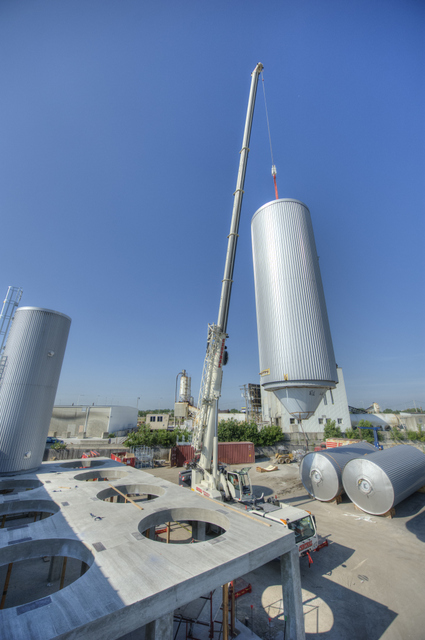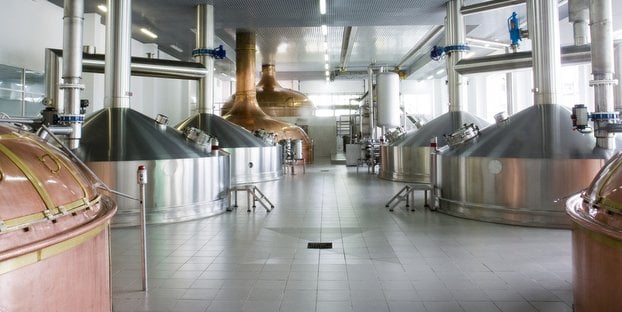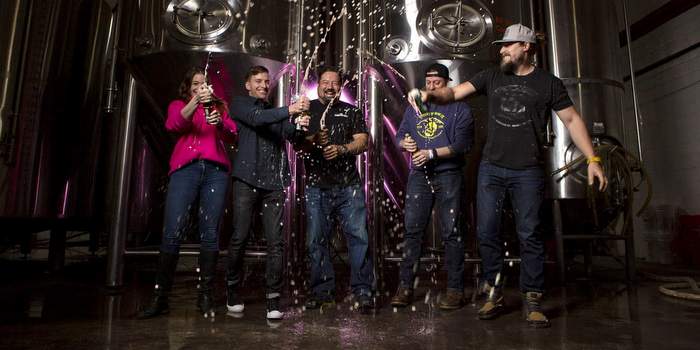Watch out for relocation provisions

Another quick note to make while we are on the subject of licensing is “relocation.” Licensing is not a guaranty at any location — whether because of public protest processes, water considerations and any number of possible issues.
So be on the lookout for “relocation provisions” in a prospective lease. These generally come up when leasing a single unit in a large commercial unit, such as a strip mall. The purpose of a relocation clause is to allow a landlord to relocate a tenant from their leased space to a different space within the overarching project.
These are not very tenant-friendly provisions for any business since there is value in the goodwill built on a stable presence of location that can be compromised if customers have to go looking for you in a new spot. To boot, the new location may not be laid out the same or with comparable access or visibility.
For the craft beer industry, the new space also may not be eligible for the necessary alcohol licensing, in which case that relocation effectively shuts down your brewery. Relocation provisions are not uniformly standard in leases, but if you do encounter one, it is advisable to remove such language from your lease.
Breweries require alterations — so, get consent
Alterations are another classic example of how the needs of a brewery differ from the standard commercial tenant. Breweries are usually, though not always, a hybrid of industrial manufacturing needs and retail needs — the brewery and tasting room combination.
Most spaces that you find to lease will likely be one or the other, not both. Making the required alterations (ideally in consultation with an architect and engineers) frequently involves substantial changes to the physical location, such as puncturing the roof for certain equipment, adding structural support, sloping the floors, adding water-resistant finishes, rehauling the plumbing, etc.
Many of these alterations are commonly prohibited under the standard lease or are permitted only with the landlord’s consent or sole discretion. If you need that equipment and your landlord decides, in their discretion, that puncturing the roof is not going to be permitted — what will you do?
RELATED: Craft brewing operations: Tips for workflow, facility planning, packaging
To avoid this scenario, any clauses regarding alterations either need to provide advance consent or be conditioned only upon reasonable consent. Consent is something that you should consider structuring such that it cannot be unreasonably withheld in just about every circumstance but in this area of special importance.
Even reasonable discretion can be a bit vague, so clarify whether the landlord can reasonably withhold consent by requiring you to use their contractor or perhaps providing a lien if the alteration is deemed too expensive. If this is the case, make sure that the contractor they want knows their way around a brewery before agreeing and stipulate what the amount is that triggers lien requirements.
Beer isn’t a “nuisance” — but you have to stipulate this

Nuisance provisions are a mainstay of commercial leases and, at their core, are designed to allow the landlord to kick you out if you bother other tenants. Most nuisance provisions read something like this:
“Lessee shall use and occupy the Premises only for the Agreed Use, or any other legal use which is reasonably comparable thereto, and for no other purpose. Lessee shall not use or permit the use of the Premises in a manner that is unlawful, creates damage, waste or a nuisance or that disturbs occupants of or causes damage to neighboring premises or properties.”
That language is obviously a bit broad and while there is case law to supplement the meaning, the average brewery does not have that on hand if they get a complaint from their landlord.
To make matters a bit trickier, some people consider alcohol inherently to be a nuisance, especially if it will be served and consumed on site as opposed to a pure manufacturing facility. But even setting aside that extreme end of the spectrum, your neighboring tenants may not love the smell of wort as much as you do. We therefore always recommend that an acknowledgment be added that stipulates service and sale of alcoholic beverages for on-site consumption will not be deemed a nuisance in and of itself.
Don’t forget about the big picture
Many breweries prefer space in an industrial center. While there are many excellent reasons for this, your industrial complex landlord likely has little to no experience with a tasting room designed for regular consumer visits.
Discuss with your landlord how you envision such a space to be run since the standard lease may prohibit what we think of as givens.
Tip: Talk about dogs, overflow parking, food trucks.
Being a dog- or pet-friendly location is a huge part of many brewery brands, and it is vital to make sure this is allowed in the lease if you plan on inviting the furry friends to partake in the experience.
Similarly, you may well have greater parking needs than the machine shop next door, so be sure to discuss reserved spots and overflow capabilities up front. The standard lease will usually only allow personal-sized vehicles to park on site, so if visiting food trucks are part of the big picture, make sure to get that in the lease.
While these may seem like small details in the beginning, they shape the big picture of how consumers visit your space and conceive of your brand down the line.
Stacy Allura Hostetter is an attorney and all-around smarty pants who works at the Craft Beer Attorney. Hostetter has been with the firm since 2014 and dedicated herself to the craft beer industry by focusing on trademarks and copyrights, contracts and lease reviews, as well as state and federal alcohol compliance.





Leave a Reply
You must be logged in to post a comment.